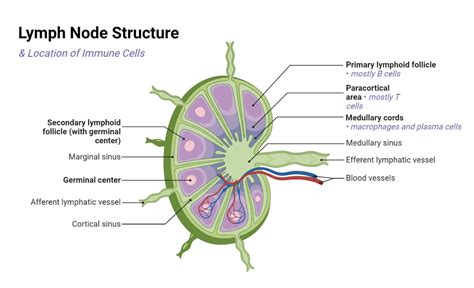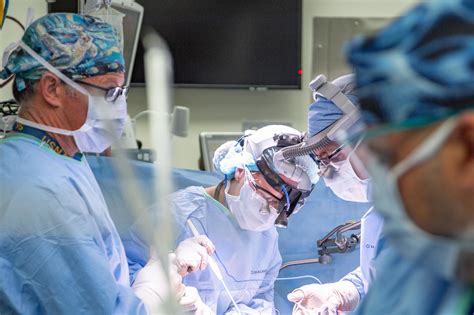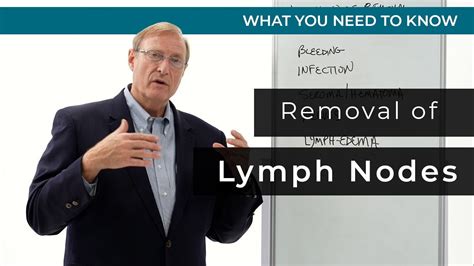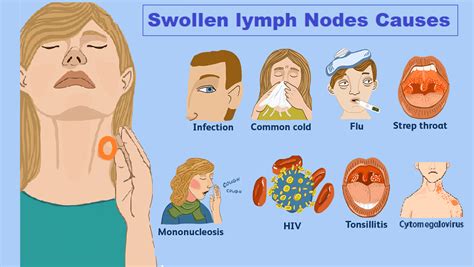Intro
Discover 5 ways to treat swollen lymph nodes, including natural remedies, home care, and medical treatments, to reduce inflammation and promote healing, alleviating lymph node pain and swelling, and restoring immune system function.
Swollen lymph nodes can be a cause of concern for many individuals, as they often indicate an underlying infection or illness. The lymphatic system plays a vital role in our body's immune response, filtering out harmful substances and helping to fight off infections. When lymph nodes become swollen, it can be a sign that the body is working to combat an infection or disease. Understanding the causes and treatment options for swollen lymph nodes is essential for maintaining overall health and well-being.
The lymphatic system is a complex network of vessels, organs, and tissues that work together to defend the body against infection and disease. Lymph nodes, also known as lymph glands, are small, bean-shaped structures that are located throughout the body, including in the neck, armpits, and groin. They contain immune cells called lymphocytes, which help to fight off infections and diseases. When the body detects an infection or disease, the lymph nodes become swollen as they work to filter out the harmful substances and help the immune system to fight off the infection.
Swollen lymph nodes can be caused by a variety of factors, including viral and bacterial infections, allergic reactions, and autoimmune disorders. In some cases, swollen lymph nodes can be a sign of a more serious underlying condition, such as cancer or HIV. It is essential to seek medical attention if you experience swollen lymph nodes that persist or are accompanied by other symptoms such as fever, fatigue, or weight loss. A healthcare professional can diagnose the underlying cause of swollen lymph nodes and provide appropriate treatment.
Understanding Lymph Nodes

Causes of Swollen Lymph Nodes
Swollen lymph nodes can be caused by a variety of factors, including: * Viral and bacterial infections * Allergic reactions * Autoimmune disorders * Cancer * HIV It is essential to seek medical attention if you experience swollen lymph nodes that persist or are accompanied by other symptoms such as fever, fatigue, or weight loss. A healthcare professional can diagnose the underlying cause of swollen lymph nodes and provide appropriate treatment.Treatment Options for Swollen Lymph Nodes

Home Remedies for Swollen Lymph Nodes
In addition to medical treatment, there are several home remedies that can help to alleviate symptoms of swollen lymph nodes. Some of these remedies include: * Applying a warm compress to the affected area * Taking over-the-counter pain relief medications * Getting plenty of rest and staying hydrated * Avoiding strenuous activities * Eating a healthy, balanced diet5 Ways to Treat Swollen Lymph Nodes

Preventing Swollen Lymph Nodes
Preventing swollen lymph nodes is essential for maintaining overall health and well-being. Some ways to prevent swollen lymph nodes include: * Practicing good hygiene * Getting vaccinated against infections * Avoiding close contact with individuals who are sick * Eating a healthy, balanced diet * Getting plenty of rest and staying hydratedLymph Node Surgery

Risks and Complications of Lymph Node Surgery
As with any surgery, there are risks and complications associated with lymph node surgery. Some of these risks and complications include: * Infection * Bleeding * Scarring * Nerve damage * LymphedemaRecovery from Lymph Node Surgery

Follow-Up Care after Lymph Node Surgery
Follow-up care after lymph node surgery is essential for promoting healing and reducing the risk of complications. Patients should follow their healthcare provider's instructions for follow-up appointments and wound care. Patients should also be aware of the signs and symptoms of infection and seek medical attention if they experience any of these symptoms.Living with Swollen Lymph Nodes

Coping with the Emotional Impact of Swollen Lymph Nodes
Swollen lymph nodes can have an emotional impact on individuals, causing anxiety, stress, and fear. Coping with the emotional impact of swollen lymph nodes is essential for maintaining overall health and well-being. Some ways to cope with the emotional impact of swollen lymph nodes include: * Seeking support from family and friends * Joining a support group * Practicing stress-reducing techniques, such as meditation or deep breathing * Seeking professional help from a therapist or counselorWhat are the symptoms of swollen lymph nodes?
+The symptoms of swollen lymph nodes include swelling, pain, and tenderness in the affected area, as well as fever, fatigue, and weight loss.
How are swollen lymph nodes diagnosed?
+Swollen lymph nodes are typically diagnosed through a physical examination and medical history, as well as imaging tests such as ultrasound or CT scans.
What are the treatment options for swollen lymph nodes?
+The treatment options for swollen lymph nodes depend on the underlying cause, but may include antibiotics, antiviral medications, anti-inflammatory medications, and surgery.
Can swollen lymph nodes be prevented?
+Yes, swollen lymph nodes can be prevented by practicing good hygiene, getting vaccinated against infections, avoiding close contact with individuals who are sick, eating a healthy, balanced diet, and getting plenty of rest and staying hydrated.
What is the prognosis for swollen lymph nodes?
+The prognosis for swollen lymph nodes depends on the underlying cause, but most individuals can expect to make a full recovery with proper treatment and care.
We hope this article has provided you with a comprehensive understanding of swollen lymph nodes, including their causes, symptoms, diagnosis, treatment options, and prevention strategies. If you have any further questions or concerns, please do not hesitate to comment below or share this article with others who may find it helpful. Remember to always consult with a healthcare professional for personalized advice and care. By working together, we can promote overall health and well-being and reduce the risk of complications associated with swollen lymph nodes.
